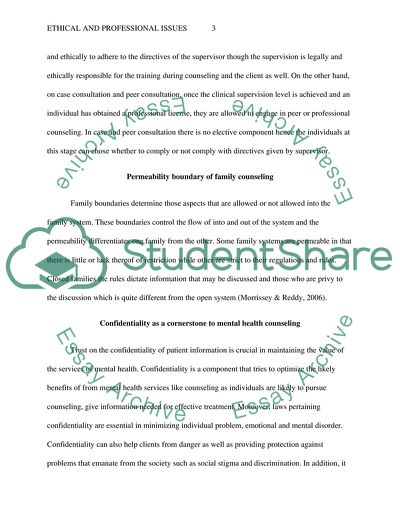Cite this document
(“Ethical and Professional Issues Term Paper Example | Topics and Well Written Essays - 2250 words”, n.d.)
Retrieved from https://studentshare.org/psychology/1685648-ethical-and-professional-issues
Retrieved from https://studentshare.org/psychology/1685648-ethical-and-professional-issues
(Ethical and Professional Issues Term Paper Example | Topics and Well Written Essays - 2250 Words)
https://studentshare.org/psychology/1685648-ethical-and-professional-issues.
https://studentshare.org/psychology/1685648-ethical-and-professional-issues.
“Ethical and Professional Issues Term Paper Example | Topics and Well Written Essays - 2250 Words”, n.d. https://studentshare.org/psychology/1685648-ethical-and-professional-issues.


